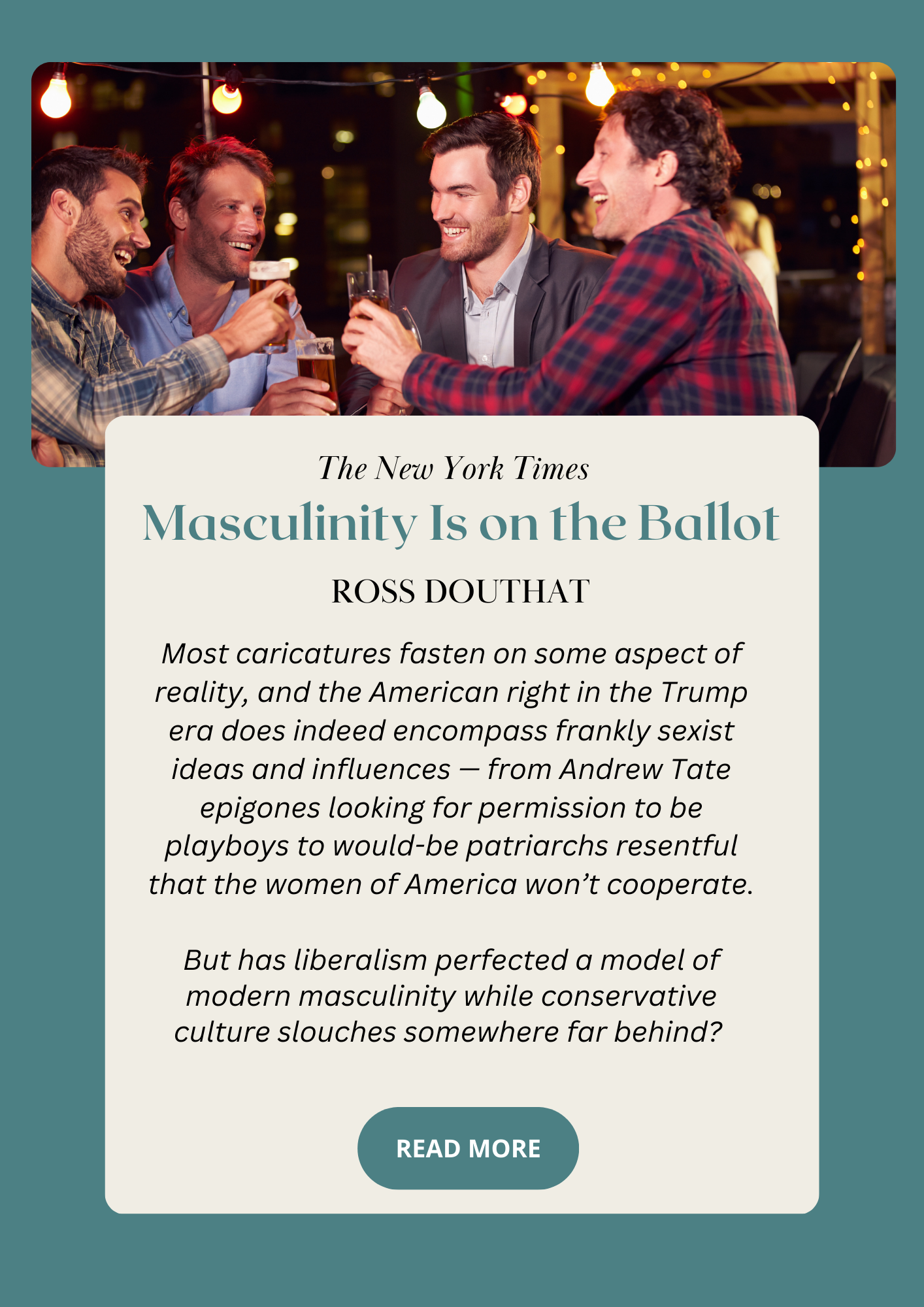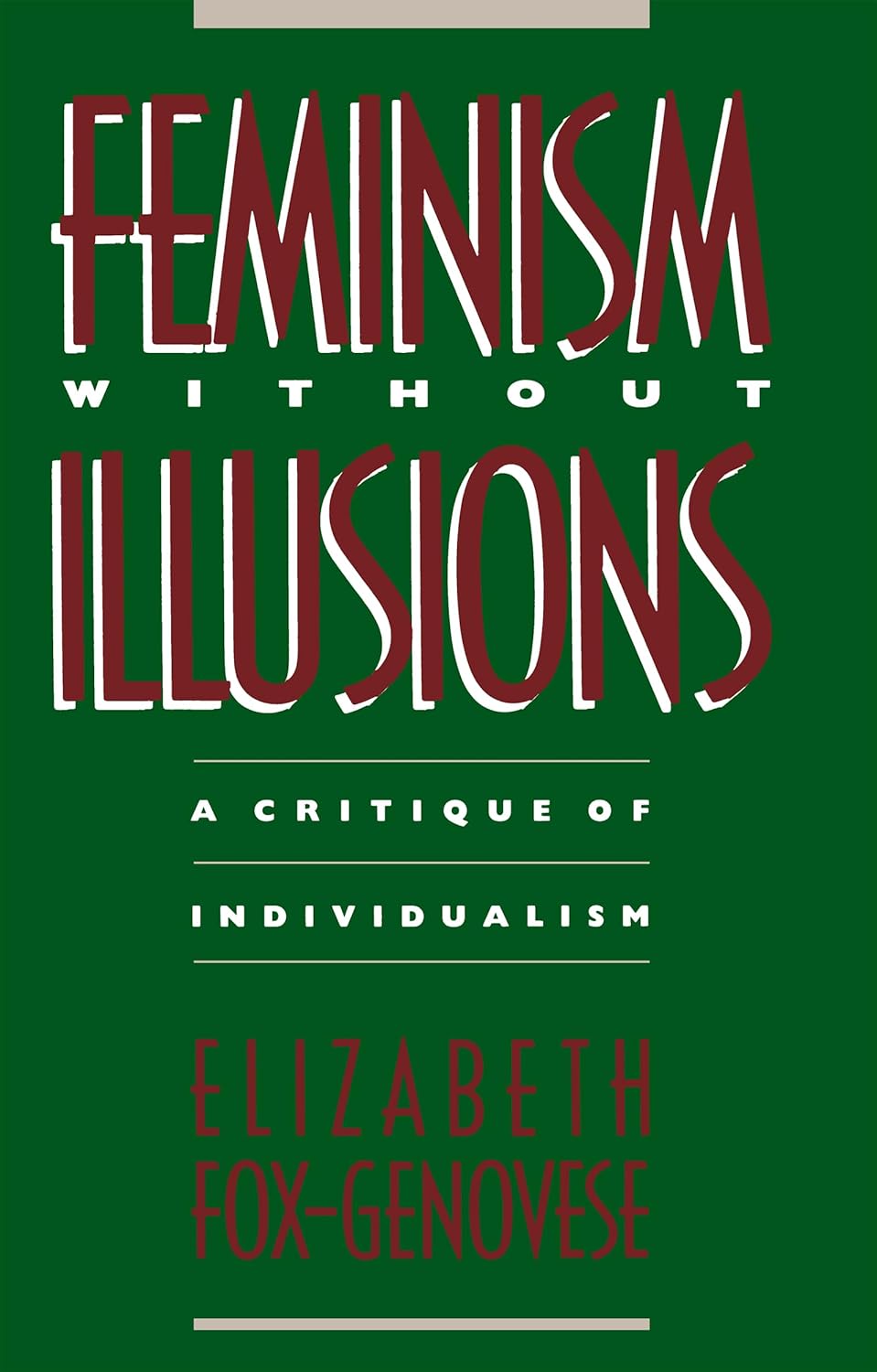Welcome to the weekly Fairer Disputations round-up: your one-stop shop for the best in sex-realist feminism. This week, we’re highlighting Daniel Cox on involved dads and two-parent privilege, a fascinating book review about some disturbing cultural practices, and Ross Douthat on the masculinity of Tim Walz vs. Donald Trump and J.D. Vance.
Plus: Jen Gunter on menopause misinformation, Alexandra Davis on work and motherhood, Clara Piano on a family-focused approach to consumption, Jia Tolentino on tweens at Sephora—and more.
First up, Daniel Cox reports on a new survey that shows a generational shift in how actively dads are involved in their children’s lives.

Next, we’ve got a book review that demonstrates the folly of assuming that “traditional” practices are always best.

Finally, Ross Douthat calls into the question the superiority of the progressive vision of “enlightened maleness.”

More Great Reads
- The Rise of Misinformation about Menopause Hormone Therapy on Instagram, Jen Gunter, The Vajenda
- Reframing the Work-Motherhood Tension, Alexandra Davis, Verily
- A Family-Focused Approach to Consumption, Clara Piano, Public Discourse
- Men’s Jeans Don’t Fit Feminine Curves, Amelia Buzzard, Writer’s Blog(ck)
- What Tweens Get From Sephora and What They Get From Us, Jia Tolentino, The New Yorker
Fairer Disputations Recommends

In this landmark 1991 text, historian Elizabeth Fox-Genovese explores one of most difficult tensions in modern feminism: its relationship to individualism.
As Fox-Genovese puts it, “the gradual emergence of (male) individualism carried contradictory implications for women. Taken together, the economic and ideological transformations tended simultaneously to restrict women’s access to political power by subjecting them to more rigidly defined male authority within smaller families and to introduce at least the literate to a concept of individualism that permitted them a glimpse of a new imaginative universe in which they might figure as authoritative subjects.”
More than thirty years after its publication, as women increasingly reject corporate-friendly, autonomy-maxinimizing girlboss feminism, Feminism Without Illusions feels eerily prescient. “The worst nightmare that serious feminists must face is that in a decade or two the women’s movement may be seen as having done the dirty work of capitalism–of having eroded the older communities and bourgeois institutions that blocked the way to a sinister new despotism.”



